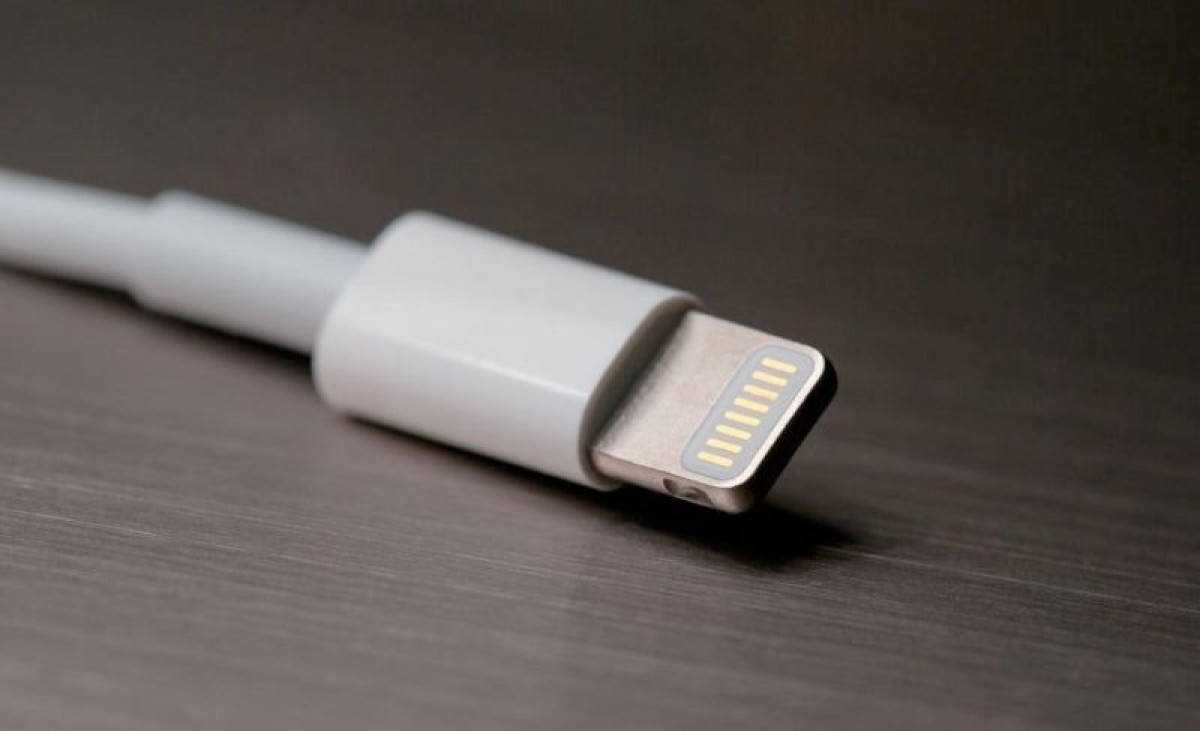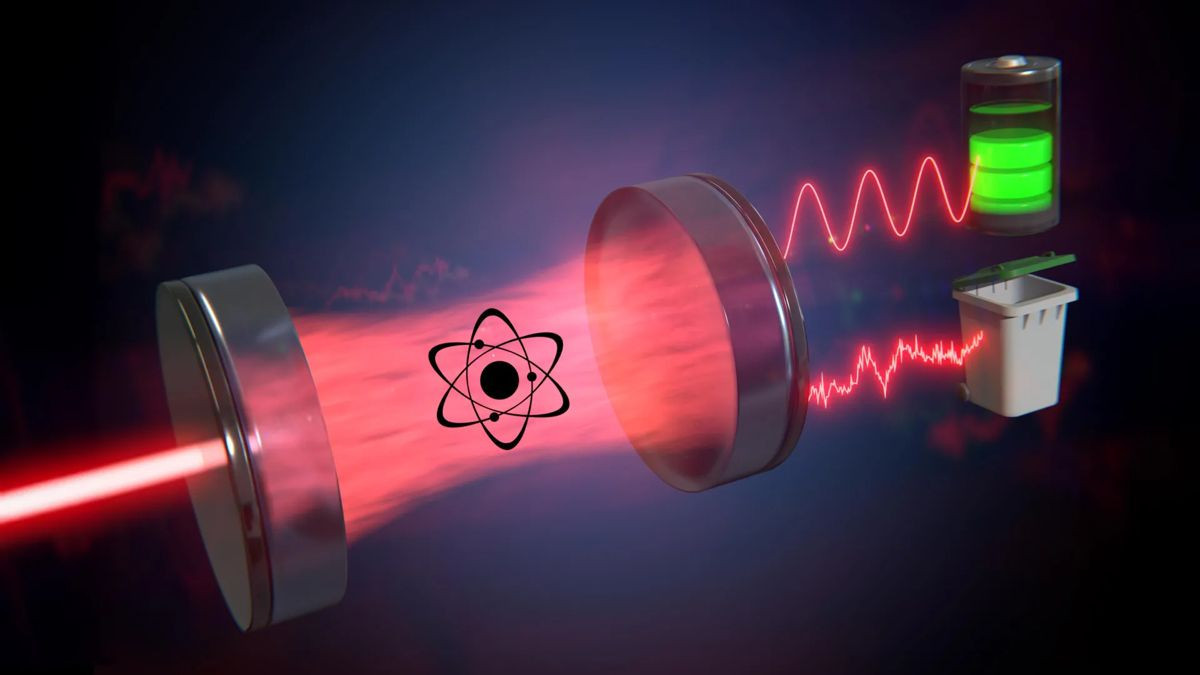Είναι γνωστό ότι η Ευρωπαϊκή Επιτροπή πιέζει τους κατασκευαστές smartphones να χρησιμοποιούν όλοι τις ίδιες υποδοχές στις συσκευές τους, σε μια προσπάθεια να υπάρχουν κοινοί φορτιστές, και μάλιστα έχει ήδη συντάξει ένα προσχέδιο για νομοσχέδιο που ενδέχεται να τεθεί σε ψηφοφορία από τα κράτη - μέλη. Σε πρώτη ανάγνωση, μια τέτοια κίνηση έχει λογική και θα ήταν καλοδεχούμενη για εμάς τους τελικούς χρήστες, αλλά η Apple δεν συμμερίζεται την ιδέα της ΕΕ.
Συγκεκριμένα, η εταιρεία εξέδωσε ανακοίνωση όπου δηλώνει πως μια τέτοια απόφαση θα περιορίσει σημαντικά την καινοτομία και ενδεχομένως θα ζημιώσει τους χρήστες περισσότερο απ’ ό,τι θα τους ωφελήσει. Για να υποστηρίξει τους ισχυρισμούς της, η Apple επικαλείται έρευνα της Copenhagen Economics, η οποία σημειώνει πως η μετάβαση σε κοινούς φορτιστές θα κοστίσει περίπου €1.5 δισ. και θα μπορούσε να έχει αντίκτυπο στο περιβάλλον, καθώς εκατομμύρια χρήστες συσκευών Apple θα έπρεπε να ξεφορτωθούν τους φορτιστές υποδοχής Lighting της εταιρείας.
Επιπλέον, η Apple θεωρεί ότι η νομοθεσία αυτή δεν είναι απαραίτητη μιας και η βιομηχανία έχει ήδη έρθει σε συνεννόηση με αφορμή την τεχνολογία USB Type-C, καθώς οι διαθέσιμοι φορτιστές (και καλώδια) έχουν μειωθεί από τα 30 μοντέλα σε 3 και πολύ σύντομα σε 2 (λογικά θα εξαλειφθεί η υποδοχή microUSB). Ελπίζει ότι η ΕΕ θα βρει μια λύση που δεν θα πλήξει την “ικανότητα της Apple να καινοτομεί”.
Ακολουθεί η ανακοίνωση της Apple:
Apple stands for innovation and deeply cares about the customer experience. We believe regulation that forces conformity across the type of connector built into all smartphones stifles innovation rather than encouraging it, and would harm consumers in Europe and the economy as a whole.
More than 1 billion Apple devices have shipped using a Lightning connector in addition to an entire ecosystem of accessory and device manufacturers who use Lightning to serve our collective customers. Legislation would have a direct negative impact by disrupting the hundreds of millions of active devices and accessories used by our European customers and even more Apple customers worldwide, creating an unprecedented volume of electronic waste and greatly inconveniencing users.
We do not believe there is a case for regulation given the industry is already moving to the use of USB Type-C through a connector or cable assembly. This includes Apple's USB-C power adapter which is compatible with all iPhone and iPad devices. This approach is more affordable and convenient for consumers, enables charging for a wide range of portable electronic products, encourages people to re-use their charger and allows for innovation.
Prior to 2009, the Commission considered mandating that all smartphones use only USB Micro-B connectors which would have restricted the advancement to Lightning and USB Type-C. Instead, the Commission established a voluntary, industry standards-based approach that saw the market shift from 30 chargers down to 3, soon to be two — Lightning and USB-C, showing this approach does work.
We hope the Commission will continue to seek a solution that does not restrict the industry's ability to innovate and bring exciting new technology to customers.
[via]





